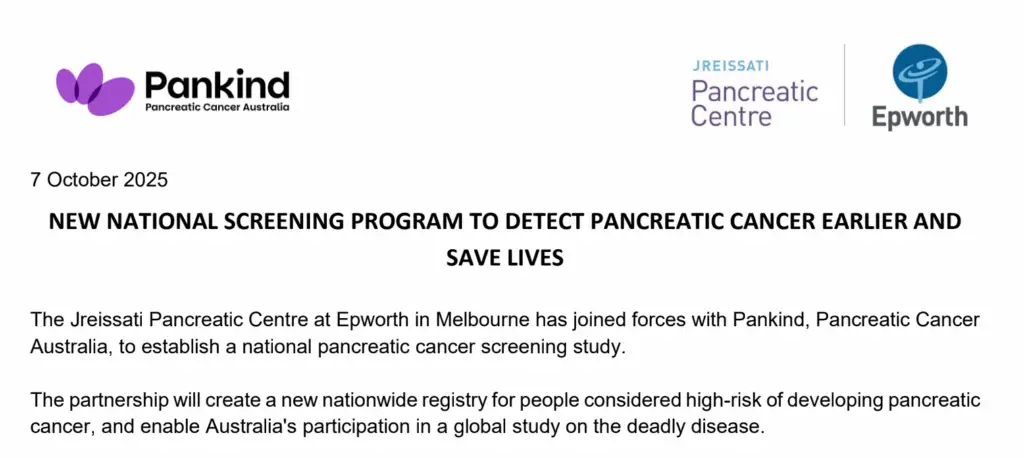
A major step forward in early detection is underway: the...
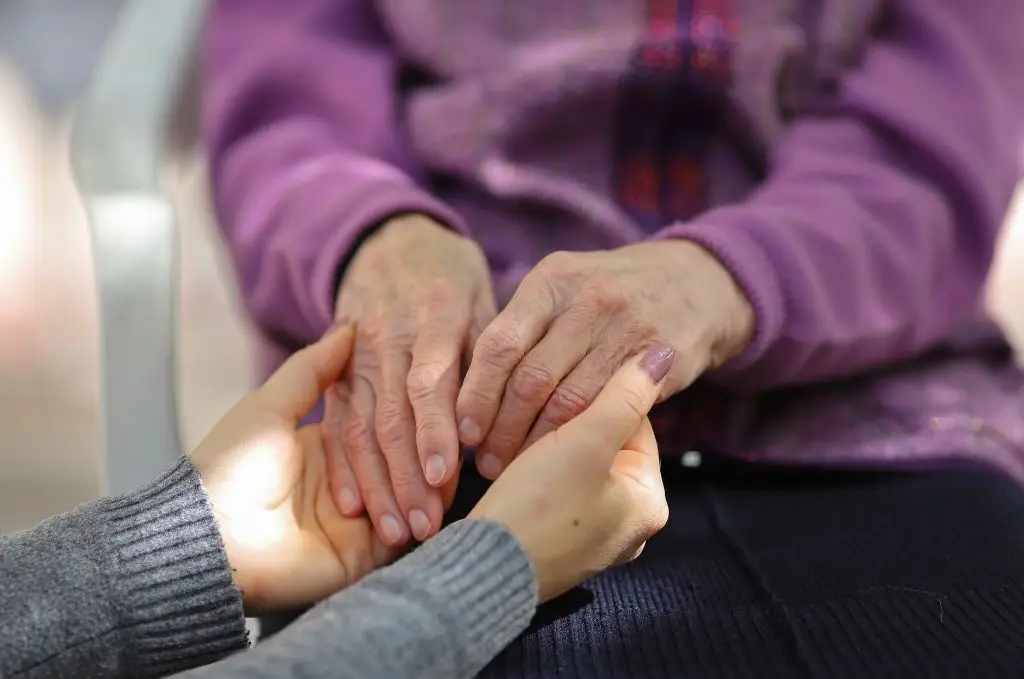
The world’s largest collaborative effort in pancreatic cancer early detection...

This October, the legendary Bowery Ballroom will once again come...

Pancreatic and colorectal cancers driven by KRAS mutations remain among...


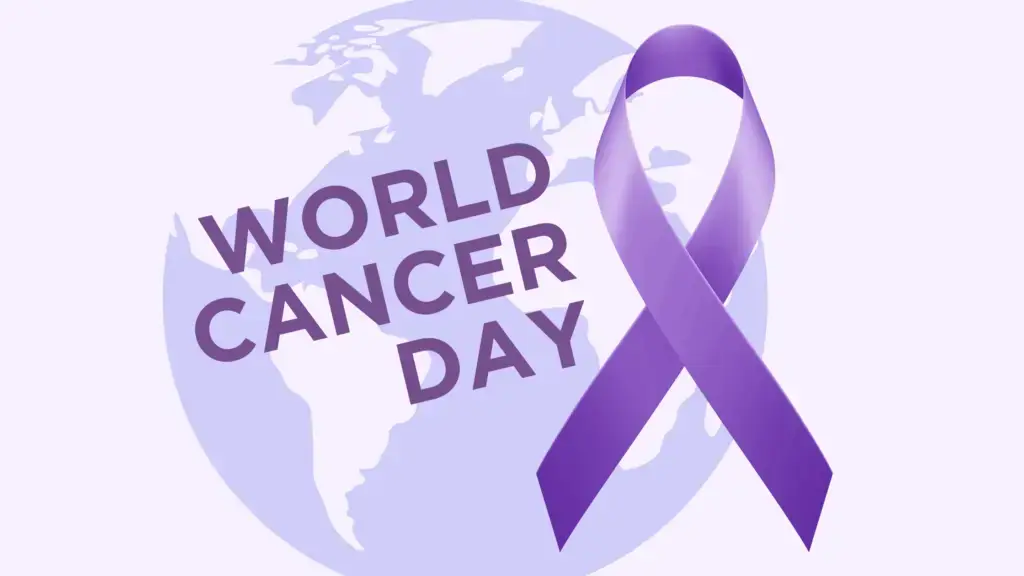
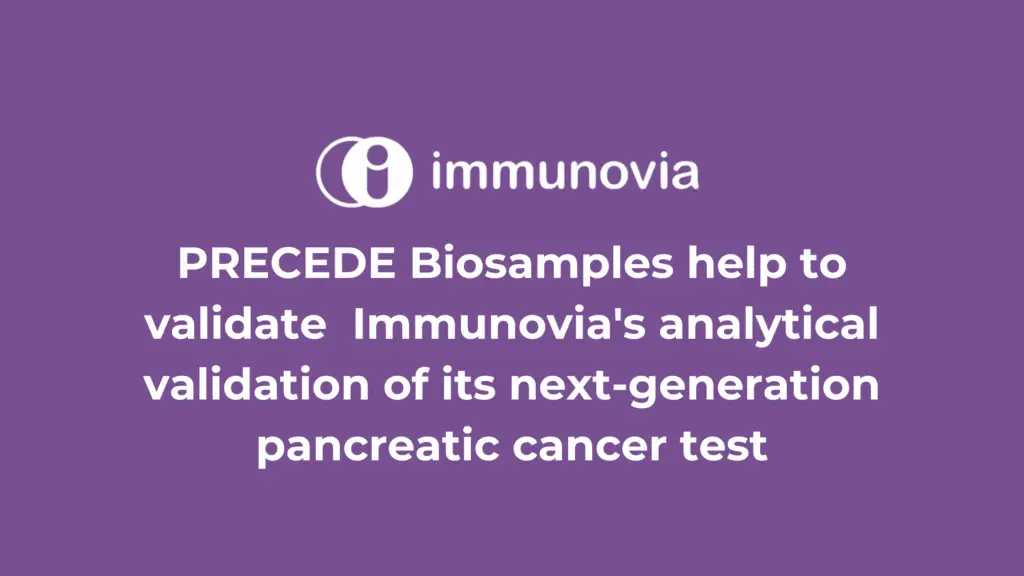
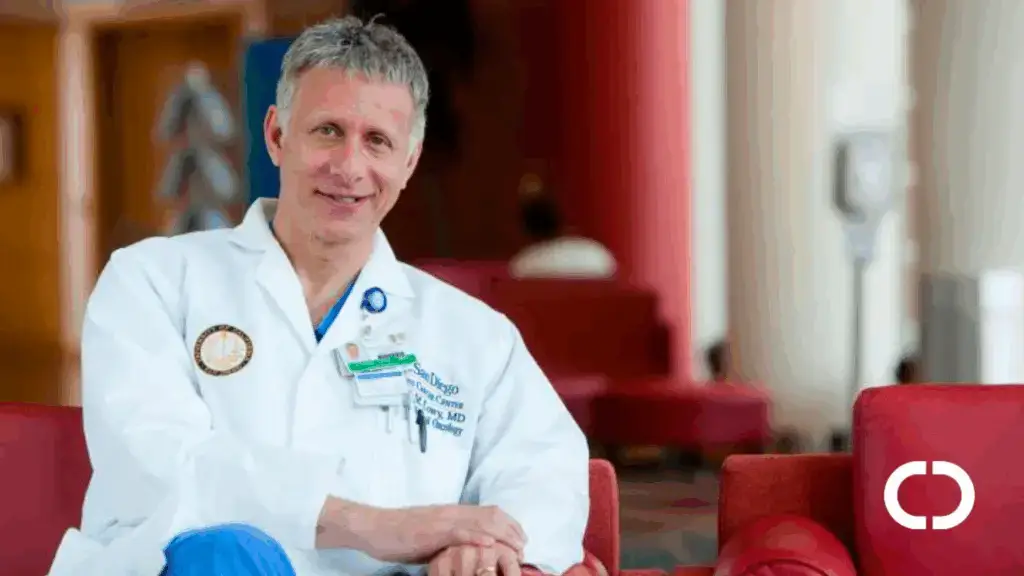


Join our mailing list for the latest news and events. We assure you that we will not send unnecessary emails.
(914) 263-7968
info@precedefoundation.org
Debbie Brandel
PO Box 207
Red Hook, NY 12571